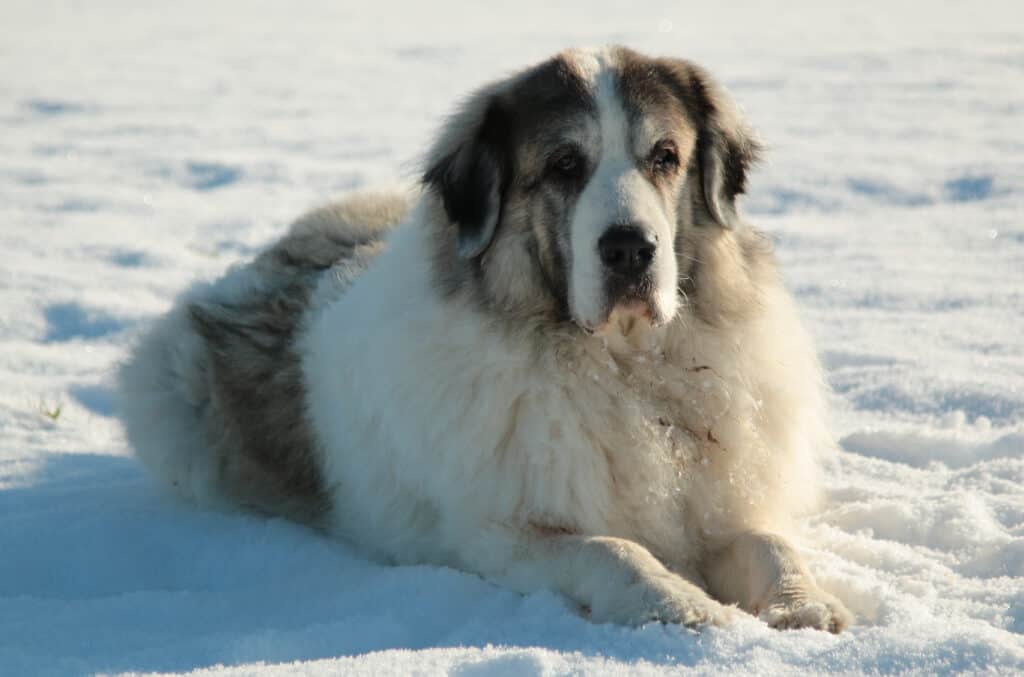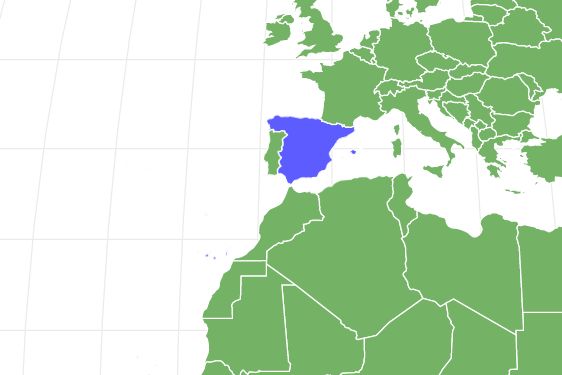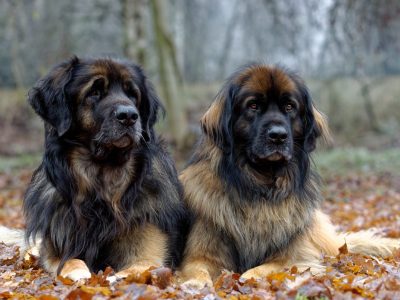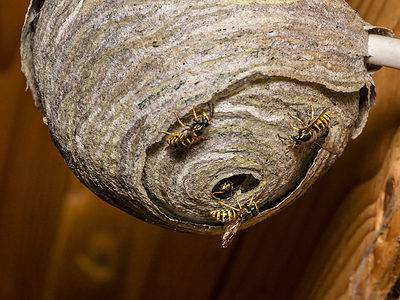Pyrenean Mastiff
Canis lupus
Advertisement
Pyrenean Mastiff Scientific Classification
- Kingdom
- Animalia
- Phylum
- Chordata
- Class
- Mammalia
- Order
- Carnivora
- Family
- Canidae
- Genus
- Canis
- Scientific Name
- Canis lupus
Read our Complete Guide to Classification of Animals.
Pyrenean Mastiff Conservation Status
Pyrenean Mastiff Facts
- Name Of Young
- Puppies
- Most Distinctive Feature
- Size
- Temperament
- Calm, loving, aloof
- Litter Size
- 8-10 puppies
View all of the Pyrenean Mastiff images!
The Pyrenean mastiff is a centuries-old breed hailing from the Pyrenees Mountains of Spain. Like its Great Pyrenees cousin, these dogs originated as livestock guardians, charged with protecting their flocks from predators and theft. While it’s used less often as with sheep today, families benefit from the loving and gentle guardianship and companionship that Pyrenean mastiffs provide.
The breed is friendly, calm, highly intelligent, happy to learn tasks, and unwary of strangers. As a good-natured guardian and gentle giant, the Pyrenean mastiff is often aware of its superior strength, though it hardly needs to use it. Your dog will do its duty and alert you when strangers or unknown intruders come around but won’t often bark otherwise.
Pyrenean mastiff’s beautiful fluffy coats and heft require some grooming and maintenance, but with proper attention and loving care, these dogs make wonderful, lifelong companions and family members.
Phoenician traders acquired the ancestors of these mastiffs and brought them to Spain, specifically the Pyrenees mountains, more than 3,000 years ago.
The Best Dog Food For Pyrenean Mastiff
Pyrenean mastiffs require high-grade dog food, whether dry, raw, or home-prepared, with vet-approved ingredients and supervision. Depending on your pup’s age, you’ll want to feed them the appropriate puppy, adult, or senior formulations to provide them with the essential nutrients for that period in their lives.
Pyrenean mastiffs are prone to weight gain, so watch your dogs’ food consumption and activity levels carefully. Treats are a valuable tool in training, but breaking them into smaller bites will be just as effective and help prevent obesity or bloat.
High-protein, clean ingredient formulations in large-dog size help Pyrenean mastiffs thrive, especially with a proper ratio of calcium and phosphorus to keep bones and joints healthy. Owners can also supplement diets with doses of glucosamine and chondroitin if the recipe doesn’t contain these vitamins.
We at A-Z Animals recommend ORIJEN’s Orignal Grain-Free Dry Dog food, with 85% animal ingredients and five fresh or raw protein sources. The recipe also contains nutrients from animal organs, with the kibble freeze-dried coated for a flavor your Pyrenean mastiff is sure to love.
3 pros and cons of owning a Pyrenean Mastiff
| Pros! | Cons! |
| Loving and loyal These dogs make excellent family pets, content to cuddle and laze away. | Droolers The thick coats make these dogs heavy droolers, particularly in heat or dry weather. |
| Low barking While these guard dogs will alert you to intruders, the mastiffs are generally quiet. | High grooming maintenance Your mastiff will require regular brushing – thankfully, most dogs love quality time. |
| Highly intelligent Independent and quiet thinkers, these dogs will easily learn tricks and commands. | Prone to weight gain Avoid overfeeding, or your large pup could experience weight-related health issues. |
Pyrenean Mastiff Size and Weight
Pyrenean mastiffs are large dogs, with female heights reaching between 27 and 30 inches and males capable of growing up to 32 inches. At full maturity, female dogs weigh around 150 pounds, with their male counterparts capable of reaching up to 200 pounds.
| Height (Male) | 32’ Tall |
| Height (Female) | 30 Tall |
| Weight (male) | 150 lbs, fully grown |
| Weight (female) | 200 bs, fully grown |
Pyrenean Mastiff Common Health Issues
Pyrenean mastiffs are relatively rare dogs, so little information exists that points to specific genetic conditions in breeding. Most giant dogs can experience hip dysplasia or gastrointestinal issues such as inflammatory bowel disease later in life. However, most sources indicate that Pyrenean mastiffs are generally a very healthy breed, given breeder maintenance of their genetic history.
Pyrenean Mastiff Temperament
Pyrenean mastiffs are gentle giants, loving and affectionate with their families and unfearful in the face of potential danger. Their protective yet silent temperaments make them natural guardians and caretakers of young children. Dogs can sometimes be aloof with strangers, particularly without early socialization as puppies. Still, owners can train this out of dogs by introducing them to as many people and fellow animals as possible early in life.
How To Take Care of Pyrenean Mastiff

Pyrenean mastiffs are prone to weight gain, so watch your dogs’ food consumption and activity levels carefully.
©AnjavdR/Shutterstock.com
With regular grooming and careful attention to puppies, Pyrenean mastiffs can easily integrate into most family lives as loving, confident caretakers. Pyrenean mastiffs often drool, which may require regular clean-up, and their thick coats benefit from regular brushing. Daily exercise is a must to prevent bloat, but most families can easily work care for their mastiffs into their daily routines.
Maintenance And Grooming
The Pyrenean mastiff requires regular grooming to keep its beautiful coats in the natural order. Regular brushing a few times a week will remove mats and unwanted dirt or debris. Trim your dog’s nails, including the dewclaws, when they get too long to prevent breakage or discomfort when walking.
As a double-coated breed, these mastiffs shed twice annually and may require additional brushing during this seasonality. You can bathe your mastiff as needed, though fewer baths are better for preserving the natural oils in its fur.
Training
Pyrenean mastiffs are highly intelligent, though their strong-willed independence requires owners to earn their obedience with consistency and transparent leadership. Many owners report that Pyrenean mastiffs are easier to train than other livestock guarders, and their food and treat motivation serve as an educational tool. The dogs also respond well to positive reinforcement, and you should be able to teach several commands within a few short, concise sessions.
Exercise
While regular walks and free play are encouraged, avoid concrete paths or hard walkways when walking. This will give your mastiff puppy time for its bones to harden and joints to solidly form in place. Extra-large dogs grow rapidly, so it’s crucial to gradually increase the walking distance as your puppy develops.
These dogs love backyard playtime in a large, fence-enclosed area or being taken on walks a few times a day. Pyrenean mastiffs are generally calm, but regular exercise is crucial in weight management and keeping your dog mentally stress-free.
Puppies
As explained above, Pyrenean mastiff puppies require a gentle introduction to socialization and regular walking-based exercise. Early introductions to multiple new people, dogs, and strangers will make your dog more comfortable and feel at ease in various situations. Additionally, waiting until your dog’s body has matured to walk on hard surfaces or concrete will help encourage healthy physiological development and mitigate potential health problems in the future.
When you’re considering a new Pyrenean mastiff pup, it’s essential to interview breeders and obtain whatever health certifications you can based on genetic testing of the dog’s parents. Be wary of breeders that don’t have this information on hand, and ask as many questions as possible to ensure you’re purchasing a well-tempered, healthy dog.
Pyrenean Mastiff And Children
Pyrenean mastiffs are wonderful family dogs and are excellent companions for children of all ages. Despite their massive statures, these mastiffs are very gentle with their charges, protective of them, and only become angry if seriously provoked. In the case of very young children, adults should supervise interaction, as sometimes large mastiffs can move a paw and unintentionally knock one of lesser size over during play. It’s also necessary to teach children the proper way to interact with and respectfully treat a dog
Dogs similar to Pyrenean Mastiff
The Pyrenean mastiff is closely related to other giant breed dogs from Europe, including the Tibetan mastiff, the Great Pyrenees, and the Caucasian mountain dog.
- Tibetan mastiff: Though these dogs originate from Asia, they share duties as guardians of sheep and other livestock.
- Great Pyrenees: These dogs share both a genetic history and place of origin with Pyrenean mastiffs, though their coats are more often white.
- Caucasian mountain dog: These dogs are another massive guardian breed, with fur meant to withstand cold Eastern European winters.
Popular Names for Pyrenean Mastiff
Popular names for Pyrenean mastiff dogs include:
- Tank
- Duke
- Zeus
- Bella
- Stella
- Luna
Up Next
View all 192 animals that start with PPyrenean Mastiff FAQs (Frequently Asked Questions)
Is a Pyrenean mastiff the same as a Great Pyrenees?
While the two share many traits and a place of origin, the main differences between the Great Pyrenees and its mastiff cousin are average sizes, coat thickness, lifespan, barking levels, and tolerance of children.
How much do Pyrenean mastiffs cost?
Purebred Pyrenean mastiff puppies can cost anywhere from $1,000 to $1,800 on average, depending on the breeder. Show quality, registered lines can ring a price tag of up to $5,000 for a puppy.
Are Pyrenean mastiffs good family dogs?
Pyrenean mastiffs make excellent family dogs, treating children and adult family members alike with gentle affection and serving as calm, watchful guardians.
Thank you for reading! Have some feedback for us? Contact the AZ Animals editorial team.
Sources
- American Kennel Club, Available here: https://www.akc.org/dog-breeds/pyrenean-mastiff/
- Pyrenean Mastiff Club of America, Available here: http://www.pyreneanmastiff.org/
- The Kennel Club, Available here: https://www.thekennelclub.org.uk/search/breeds-a-to-z/breeds/working/pyrenean-mastiff-imp/
- Wag Walking, Available here: https://wagwalking.com/breed/pyrenean-mastiff

















